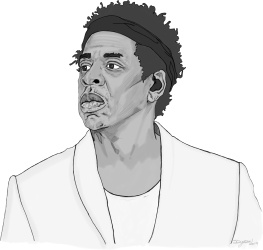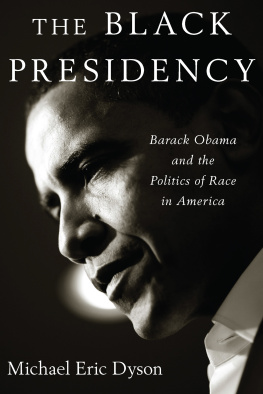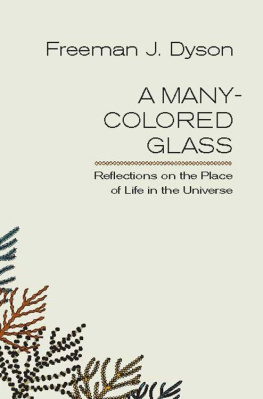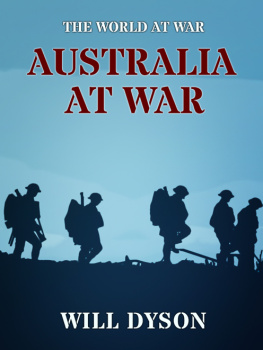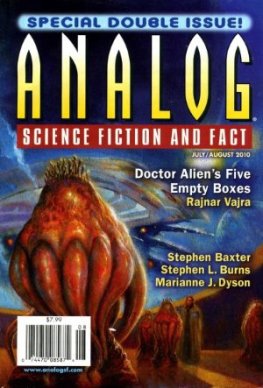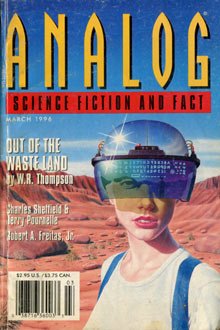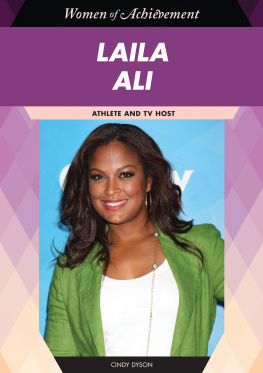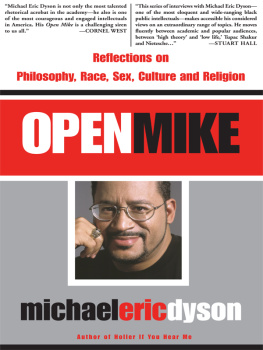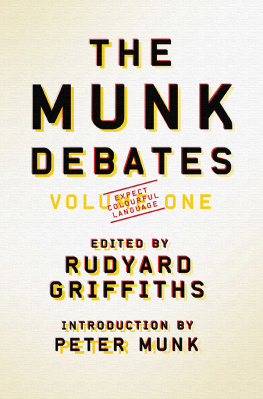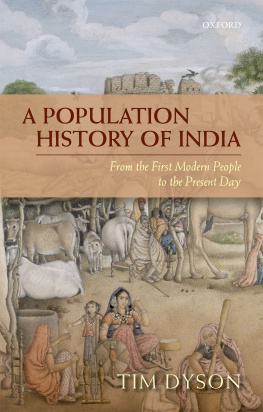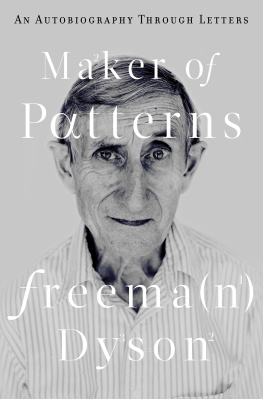What Truth Sounds Like
Robert F. Kennedy, James Baldwin, and Our Unfinished Conversation About Race in America
Michael Eric Dyson
St. Martins Press

New York
Thank you for buying this St. Martins Press ebook.
To receive special offers, bonus content, and info on new releases and other great reads, sign up for our newsletters.

Or visit us online at us.macmillan.com/newslettersignup
For email updates on the author, click here.
The author and publisher have provided this e-book to you for your personal use only. You may not make this e-book publicly available in any way. Copyright infringement is against the law. If you believe the copy of this e-book you are reading infringes on the authors copyright, please notify the publisher at: us.macmillanusa.com/piracy .
To Crystal McCrary and Ray McGuire
Dear Friends
Living Embodiments of Black Americas
Grace and Genius
The blood of martyrs soaks the soil of American society. The life given to us by the deaths of a few has altered the course of history and strengthened the heartbeat of justice in our breasts. The willingness to surrender ones life for a righteous cause doesnt come easy. Neither does it keep the depraved men who kill our heroes from believing they are driven by destiny or divinity. But the sacrifice of extraordinary figures has given us a firmer grasp of truth and democracy than their killers ever imagined. John Wilkes Booth may have wished to stop the liberation of enslaved blacks when he murdered Abraham Lincoln, but he strengthened their cause with his fatal shot.
In the nineteen sixties, the deaths of three men changed America and caused us to reckon anew with our ideals. John F. Kennedy made us hope that American ingenuity would triumph over ignorance, that science would defeat superstition. His youthful effort to tame our cynicism ended tragically in 1963 on a dark day in Dallas. His brother Robert met a similar fate just five years later. Robert had emerged from his brothers shadow to lay claim to a reviving sense of national purpose: to slay the dragons of poverty and to vanquish the demons of insincerity. Between their assassinations was lodged the death of a man who was arguably greater than them both. He held no office nor did he enjoy the privileges of white skin. He sought to cure the American soul of its bigotry against a black people it had snatched from a far continent, a black people that the nation had, for corrupt purposes, fettered in its twisted white imagination. Martin Luther King, Jr., crushed the facade of American decency and called on us to revisit our neglected moral ambition, preaching the gospel of love in a time of withering hate.
Fifty years ago, on April 9, 1968, at 10:30 a.m., 1,300 people filed into Ebenezer Baptist Church in Atlanta for the private funeral of a man who, like his father before him, had once served as its pastor: the Reverend Martin Luther King, Jr. Attendees included Thurgood Marshall, Wilt Chamberlain, Marlon Brando, Dizzy Gillespie, Stokely Carmichael, and Richard Nixon, who was then running for president. The sitting president, Lyndon Baines Johnson, did not come because he didnt want to drape the service in the controversy of the Vietnam War, a cause to which he had devoted significant resources. The choir, 160 strong, sang sorrowful hymns. Kings dear friend and gospel legend Mahalia Jackson delivered a plaintive accounting of the fallen leaders favorite hymn, Take My Hand, Precious Lord. Ralph David Abernathy, cofounder of the Southern Christian Leadership Conference and a man whom King described as the best friend I have in the world, officiated. A lone singer performed a devastating rendition of My Heavenly Father Watches Over Me.
But the most memorable speaker that morninga haunting baritone piped out of tinny speakers that left his four children startledwas King himself. If any of you are around when I have to meet my day, I dont want a long funeral, King pleaded posthumously in a recording from his Drum Major Instinct sermon given two months earlier and played at the behest of his widow, Coretta. He didnt get his wish: The service lasted two hours, followed by a public, nationally broadcast funeral held that afternoon at Kings alma mater, Morehouse College.
As a nine-year-old kid in the Detroit ghetto, I was drawn to the television screen to view the funeral. I was just beginning to understand my blackness, just learning that it existed, that it was essential in a world where whiteness loomed as an unknowable force. I had never gone to school with white kids, had rarely even interacted with white folk outside of the neighborhood business owners for whom my father, and eventually I, worked. I didnt know what they liked or how they thought of the world, how they handled their disappointments or whether they, like us, laughed at misery to keep from crying. I was only starting to sense that white folk may have feared us as much as they didnt like us; it seemed vaguely tied to how we refused to bow in the face of suffering and how, despite their doing the worst they could imagine doing to us, we refused to give in.
With Kings death, the whiteness that had been shapeless suddenly lunged forward. When King was killed, I felt vulnerable; all that made sense no longer held in place, and it appeared that the cosmos had gotten drunk on its insufficiency, teetered off course, and hurtled madly toward oblivion. How else could it be? Martin Luther King, Jr., was put down like a mangy dog. His breathing and being were seen as such an offense that they had to be stopped at all costs. I was frightened for months. He had been murdered on a balcony, and I could no longer easily wash my hands in our bathroom, which opened onto an upstairs balcony, without fearing that whiteness would kill me too.
Perhaps that was why I paid such close attention to his funeral; I was in search of unspoken solace, of comfort that could only come if I could discern in his services some logic, some possible clue, for why he had to perish, some explanation that might, I felt too guilty to admit, spare me his same fate. My father thought it was all morbid. He eventually sent me outside to play, but not before I eagerly drank in the mournful cadences of the folk gathered at Kings public service. They surely grieved for King and his valiant family, and, yes, for themselves. But their grief had become a ritual that was all too familiar when a leader or an ordinary soul had been silenced by white rage; and by then our rituals could barely contain moments like this, moments for which we had no words.
Yet any writer must have words, especially if he is a witness, even a prophet, though not quite as piercing as the one who lay in his grave.
Make no mistake, James Baldwin had words. He shared with that fallen soul a style forged in the black pulpit. Jimmy attended the funeral too, having wrangled his way through the massive throng outside before he was hoisted atop a car and seated inside the sanctuary. In Malcolm and Martin, the essay he wrote four years after Kings assassination, Baldwin recalled Kings funeralthe most real church service Ive ever sat through in my lifethen grappled with the national undoing set loose by his death.
I had just begun reading Baldwin at the time King was murdered. I inhaled his semiautobiographical Go Tell It on the Mountain, identifying with the main character, John Grimes, and his intense struggles with the church and the passionate effort to reconcile religion and rationality. Not long afterward I began sampling Baldwins legendary essays. Baldwin inspired me to read between the lines and beneath the surface, reading me into black manhood with the wise counsel and steady affection of a big brother or loving father.


